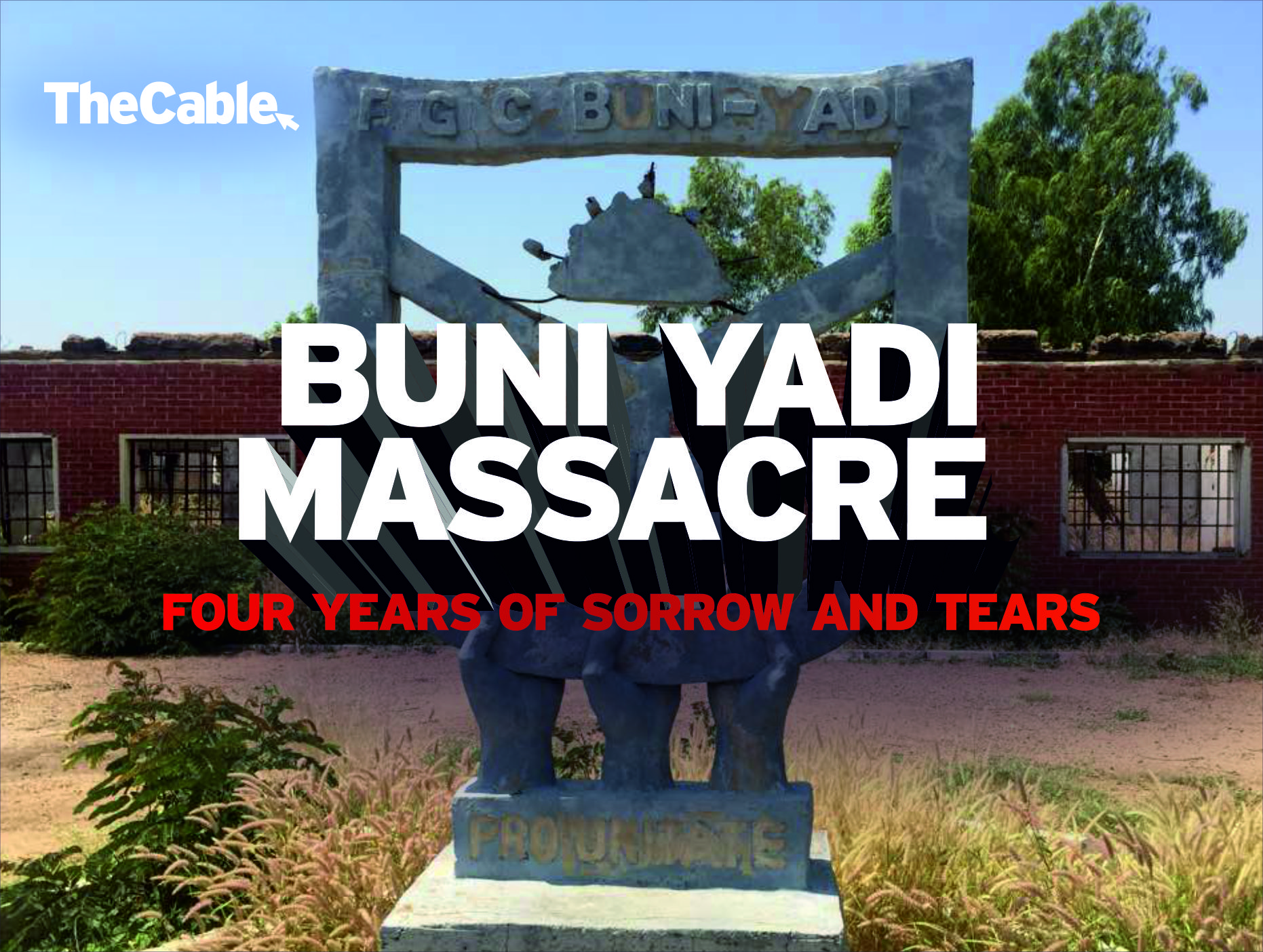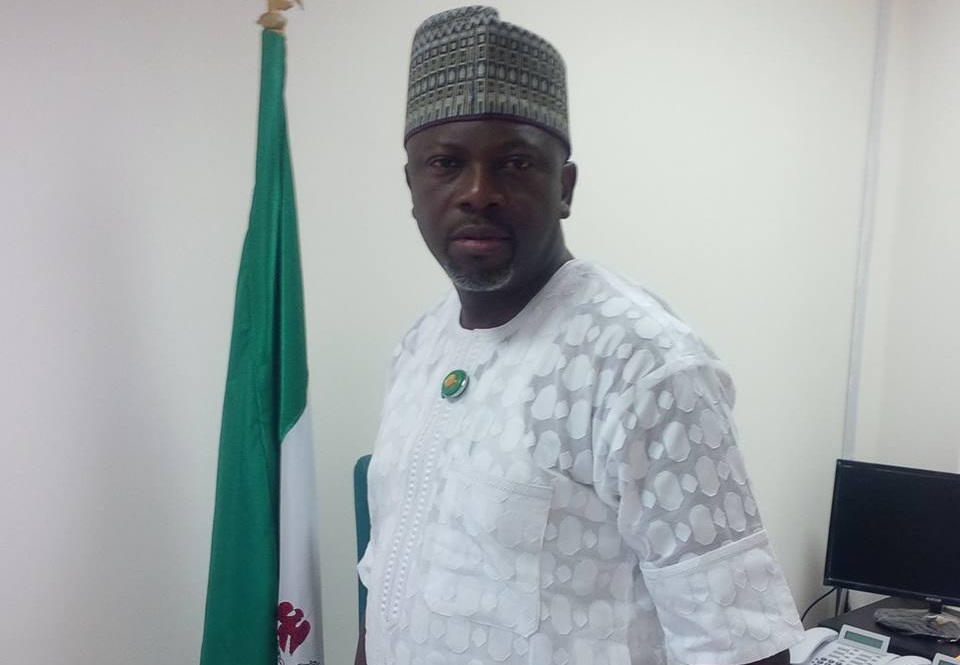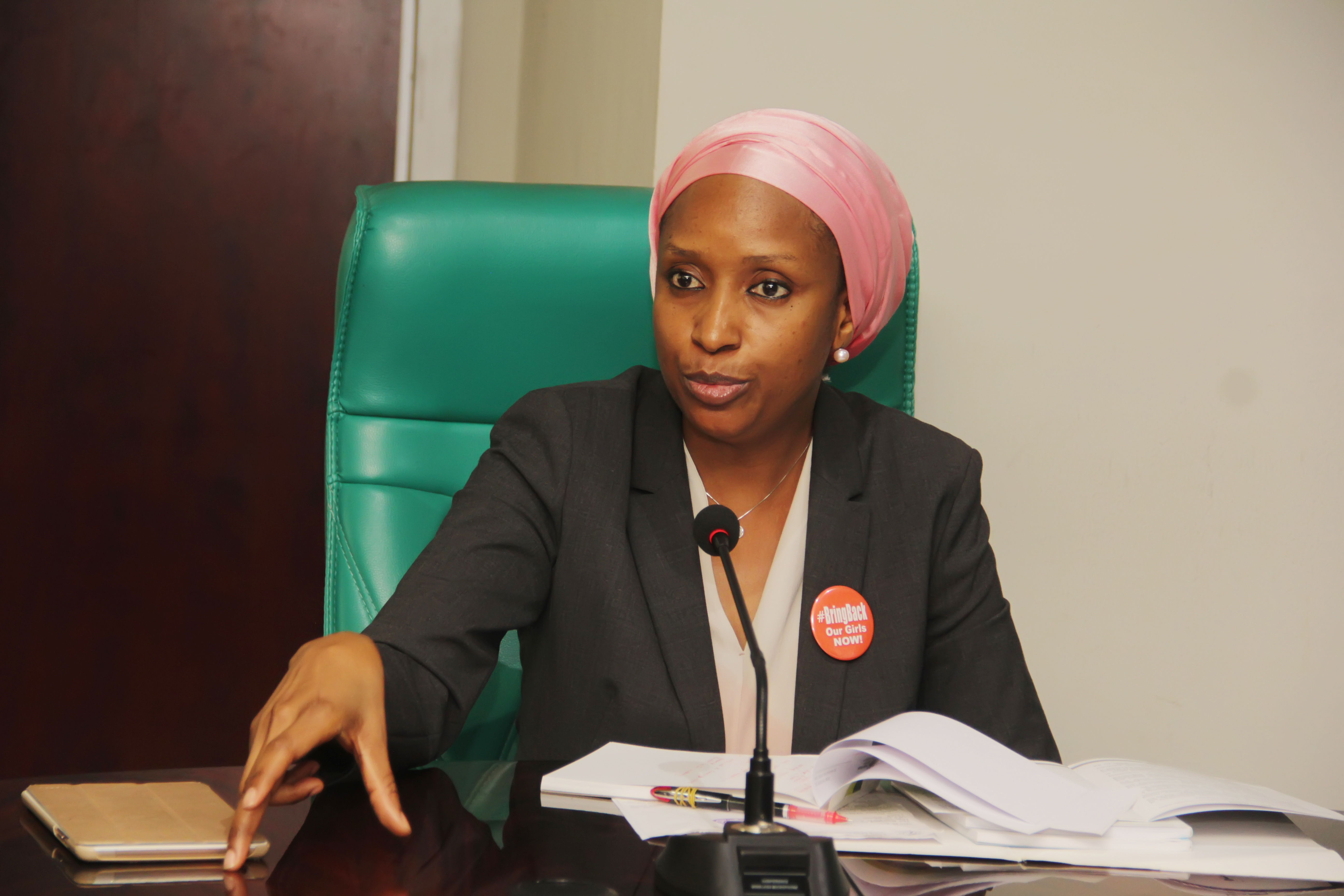Before the Chibok girls, there were the Buni Yadi boys. Four years ago, Boko Haram insurgents attacked and killed 58 male students of Federal Government College, Buni Yadi, Yobe state, for receiving “western education”. The school was, before then, known for its excellence:it represented Nigeria in Geo-Challenges at Florida, USA, in 2002; was state runner-up in the 4th Annual National Essay Competition for secondary schools organised by the Nigeria Stock Exchange (NSE) in 2003; came first in the 3rd National Quiz Competition on Capital Market for secondary schools organised by Security Exchange Commission (SEC); was state winner of the 6th and 10th NSE Annual National Essay Competition for Secondary Schools in 2005 and 2011 respectively; and was first at the zonal chess competition held in Jalingo, Taraba state, in 2012. To commemorate the February 24, 2014 massacre, TheCable visits the school to speak with witnesses and survivors of the attack. In the first part of the series, victims and survivors paint the picture of the gruesome night.
Usman Ali-Grema is the administrative officer of the Federal Government College, Buni Yadi, Yobe state. He would wish he wasn’t, particularly on the night of February 24, 2014, when Boko Haram insurgents massacred 58 students in their sleep.
After a day of hard study ahead of their senior secondary school examination, the students had retired to their hostels to catch some rest. Tuesday was going to be another busy day. For a school known for excellence, nothing less was expected of the students.
“The attack began around 11pm Monday till 3am on Tuesday. The school was on holiday, but we asked the SS2 students to come for extra lesson in preparation for their forthcoming senior secondary school examination (SSCE). So they had just finished the class and went to bed afterwards,” Ali-Grema says.
Advertisement
“The insurgents stormed the school through the girls’ hostel. One of our matrons, Aisha Ahmad, saw them. She wanted to scream but they shut her up, held her hostage at gun point and requested for the keys to the door of the female hostel, but the matron gave them a fake key. Thereafter they made several attempts to open the door but they couldn’t.
“One of the insurgents became angry and shot at the padlock; accidentally the bullet bounced back and hit him. That shot alerted people and students in the school of the impending danger. All the girls were ordered out by them and taken to the mosque where they were instructed to forget about western education and go and get married.
“As the girls immediately left the school, the onslaught began on the male hostel. Niger house hostel was the first to be attacked. The insurgents picked 29 male students and killed them on the spot, lining up their dead bodies in front of the hostel.”
Advertisement
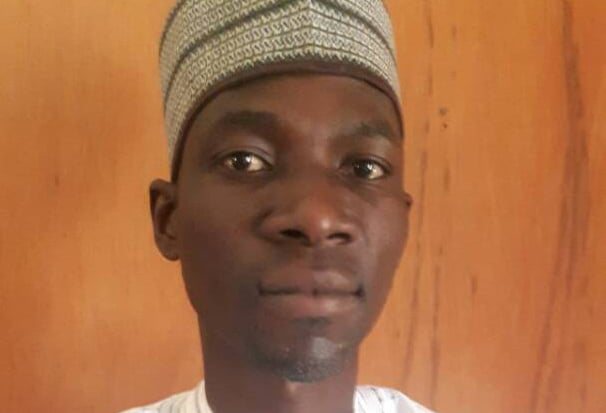
It was only the following day, according to Ali-Grema, that the extent of the ruin was discovered.
“We discovered that all the 24 buildings in the school were burnt: the administrative block, classrooms, laboratories, hostels, staff quarters, ICT centre, borehole, transformer, generator plant and kitchen,” he says.
“The insurgents also carted away bags of rice, garri, semo, and other commodities in stores — and they set seven utility vehicles ablaze. Those of us that woke up to the realisation of what happened could not believe our eyes. There were dead bodies littering every nook and cranny of the school. There were lots of students lying helplessly on the ground with various degrees of injury from stray bullets.”
But the murderers were kind enough to spare the mosque. In other attacks, they burnt mosques and killed worshipers.
Advertisement
Then-President Goodluck Jonathan called the attack “callous and senseless murder … by deranged terrorists and fanatics who have clearly lost all human morality and descended to bestiality”. And that was it. In fact, the Centenary Charity Ball scheduled for Tuesday night in Lagos still went ahead, attended by Vice-President Namadi Sambo.
Perhaps emboldened by the successes of their attacks on schools in the north-east, Boko Haram went on to abduct almost 300 girls at Government Secondary School, Chibok, in Borno state a couple of months later. Most of them are still in captivity.
‘THEY KILLED MANY OF MY CLASSMATES’
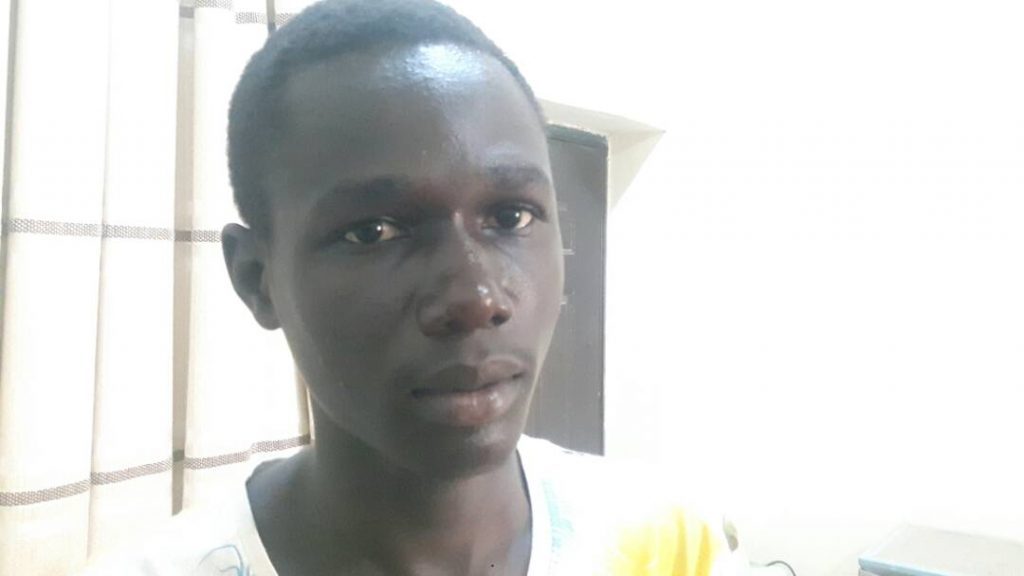
Samson Gali was one of the students preparing for his final exams at the time.
He tells TheCable that was “the most tragic day” of his life.
Advertisement
“At that time, I was in SS2; the school was on break, but we came back for extra lessons in preparation for our SS3 examination. I cannot say what really happened, I cannot remember everything that happened that very day,” he says, trying to dig out memory bytes from his brain.
“But I remember I was alerted by the sound of the gunshot. At first, I thought it was the military… little did I know that it was Boko Haram. I was almost asleep after the light-out in Niger House hostel when I heard the chanting of ‘Allahu Akbar’ (Allah is great) followed by sporadic shooting. At that time, I realised it was death knocking on our door. So I quickly jumped through the window and started running.”
Advertisement
Gali, who is now 23, says in a tremulous voice: “They killed a lot of my classmates: Halima, Suleiman, Abiodun and Baburo Sule and many others, who could not make it. My friend Daniel Audu ran with me in the same direction but got hit by the bullet and fell. There was nothing I could do to save him. I managed to escape and hide in an uncompleted building.”
Pointing to the scar on his left hand, he says: “I was also hit by stray bullet on my left hand and my stomach. I was hearing my colleagues crying for help but there was no one to help. I later lost consciousness and was taken to the general hospital in Damaturu where I was admitted for some time. That day was the most tragic moment in my life because I never thought I would survive.”
Advertisement
He was so traumatised by the experience he could not return to school.
“After the incident, I felt discouraged to return to school. I used to think that when I go back to school, they may come again,” he explains.
Advertisement
“So I was out of school and that made me miss a lot in my studies. That made most of my colleagues to graduate before me. It was in 2017 that my father registered me to write my senior secondary school examination at a private school here in Damaturu.”
‘TEACHERS RAN AWAY NAKED’
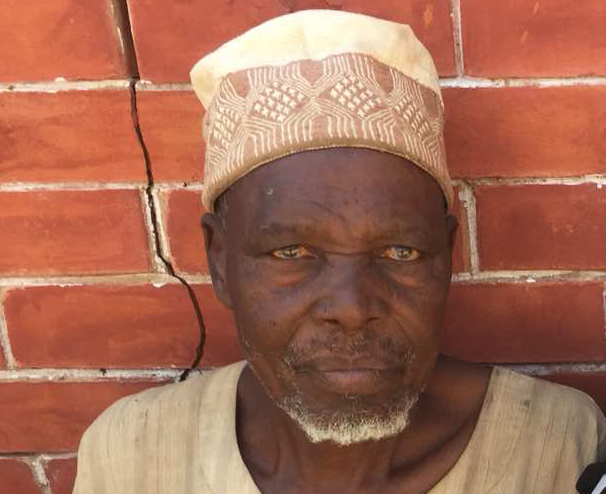
Isa Muhammad is elderly and frail-looking. At 80, you would think he had seen it all. But as the guard on duty that night, Muhammad saw new things. Horrible things. He only survived by the mercy of the commander of the merciless insurgents.
Muhammad is still in pains, emotionally, when TheCable meets him. The memory of that night of wanton destruction of lives and property is not something that he can so easily forget.
“I was carried away by sleep at my duty post at the staff quarters when I heard the first gunshot. A few seconds later, I started hearing multiple shots, and then screams coming toward my direction, ‘Allahu Akbar’ ‘Allahu Akbar’. First, I thought it was a dream,” he says, flailing both hands, as though to re-enact his shock.
“But I soon realised that I was surrounded by Boko Haram. I tried to escape but there was no way. They were everywhere. I later gave up, defied death and faced them. Because of the confidence and courage I exhibited, they maybe thought I was one of their own, so I was not easily identified.”
He swallows hard. And continues the story…
“They searched every room at the staff quarters looking for teachers,” he says.
TheCable learnt from other witnesses that teachers were alerted as soon as the attack began inside the hostels, and so had ample time to flee.
Several were said to have escaped with no clothes on them, trekking from Buni Yadi to Damaturu — a distance of 55.4 kilometres with a travel time of 49 minutes by car but 11 hours six minutes by foot.
“I saw David, one of our staff, battling to escape. I realised he could not walk because he was sick. So I carried him on my shoulder and took him to the nearest safe building and left him there. They caught me on my way back to the school; many insurgents surrounded me,” Muhammad recalls.
According to him, about 12 of them pointed rifles at him, debating whether to kill or spare him.
“I could hear them arguing among themselves; one was saying, ‘just kill him’ while another said ‘spare him’. One of the insurgents argued that working in the school where western education is taught is an act of infidelity. But the insurgents’ commander insisted that I should be spared,” he says.
His belongings were not spared, though. A bow and arrow, two pairs of clothes, one pair of shoe, a cutlass, torchlight, a pair of suit, a set of security uniform and N4,000 were burnt to ashes when the insurgents set the security post ablaze. The teachers too lost their belongings to the attack.
“That was how I miraculously survived the attack,” he says, with a small smile that exposed his discoloured teeth.
CONFLICTING FIGURES
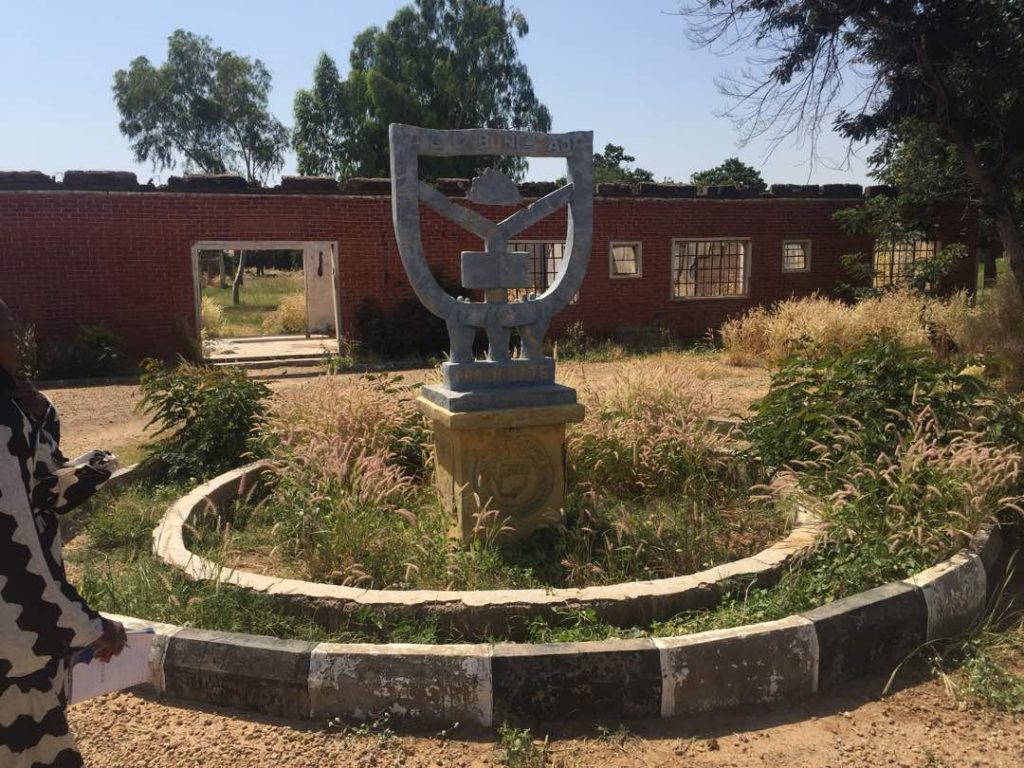
The school’s official report to the ministry of education stated that 29 boys were killed on the night of the attack.
But mortuary attendants at the Sani Abacha Specialist Hospital, Yobe, and other witnesses, said they counted 58 bodies of young, promising boys, massacred and burnt beyond recognition. Several were also left with bullets wounds.
The school, located in Gujba local government, some 55 kilometres away from Damaturu, Yobe state capital, was one of the five government schools attacked by the insurgents in quick successions.
TOMORROW: ‘I moved the bodies of my dead sons by myself’ — the tears of a father
This is a special investigative project by Cable Newspaper Journalism Foundation (CNJF) in partnership with TheCable, supported by the MacArthur Foundation. Published materials are not the views of the MacArthur Foundation.
